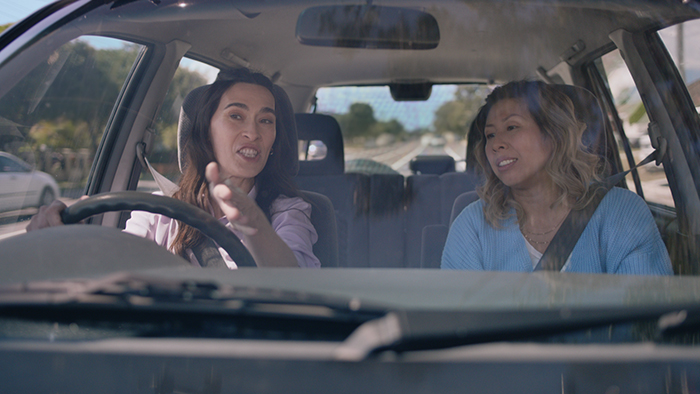Australia – As more and more speed driving cases occur in Australia, increasing risk for fatalities, the NSW Government has released a new campaign aimed at urging motorists to slow down and think about the dangers of going ‘just a bit’ over the speed limit.
The campaign, which was created in collaboration with creative agency BMF and full-service media agency UM, challenges various casual perceptions of low-level speeding to reset the attitudes and culture on NSW roads.
Its three main objectives are to educate drivers and riders on the significant role speeding plays in fatalities and serious injuries on NSW roads, reset drivers’ attitudes to how they view their normalized ‘everyday speeding’ behavior, and highlight the unique risks of speed and its contribution to crash likelihood and severity.
Titled ‘Casual Speeding. Every K Counts’, the spots are a confronting reminder that there’s nothing casual about any form of speeding and to reinforce the serious consequences these attitudes can bring.
Tara McCarthy, Transport’s deputy secretary for safety, environment, and regulation for NSW, said, “Every kilometer counts when it comes to speeding on our roads, a little bit over double your chance of crashing, and this campaign demonstrates how speeding can change your life and others’ lives forever.”
Meanwhile, Christina Aventi, BMF’s chief strategy officer, noted that by labeling a new type of speeding, the ad encourages motorists to take a moment to self-assess, recognize risk, and correct their low-level speeding.
“We hope that the term ‘Casual Speeding’ provides a way for road users to talk about this dangerous behavior,” said Aventi.
Andy Clift, UM’s senior client director, said, “Our media strategy will shift the cultural perception of ‘speeding’ by defining and showcasing the impact of what a few kilometers over the speed limit can have.
The campaign was launched last 14 November 2021.It will be supported by OOH, and include a radio partnership and social media, to tap into diverse state-wide communities at the grassroots.
The campaign will also be supported by a wide-ranging media strategy developed by UM to spark discussion.

